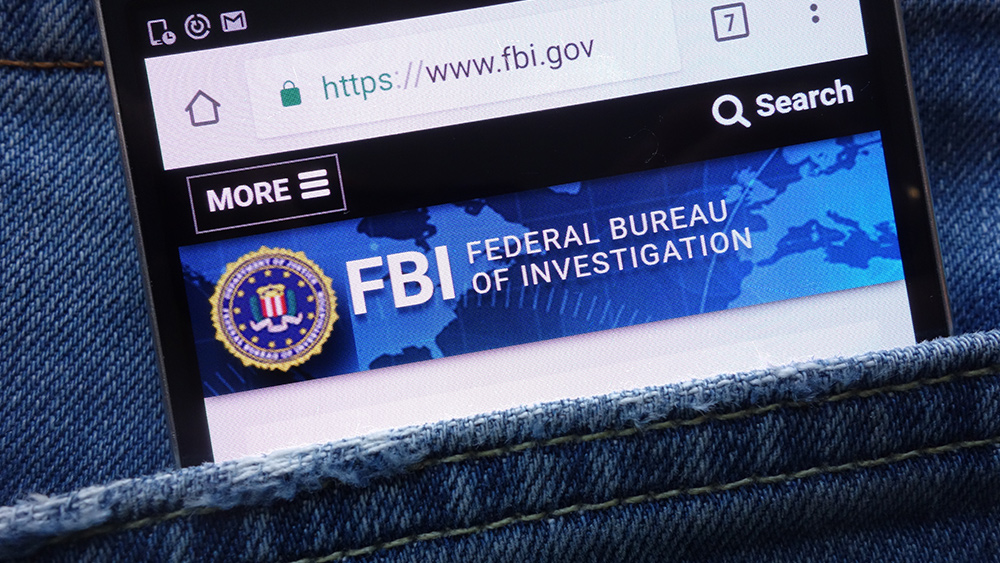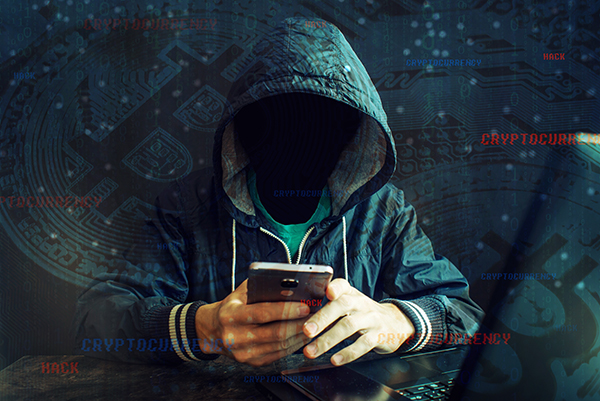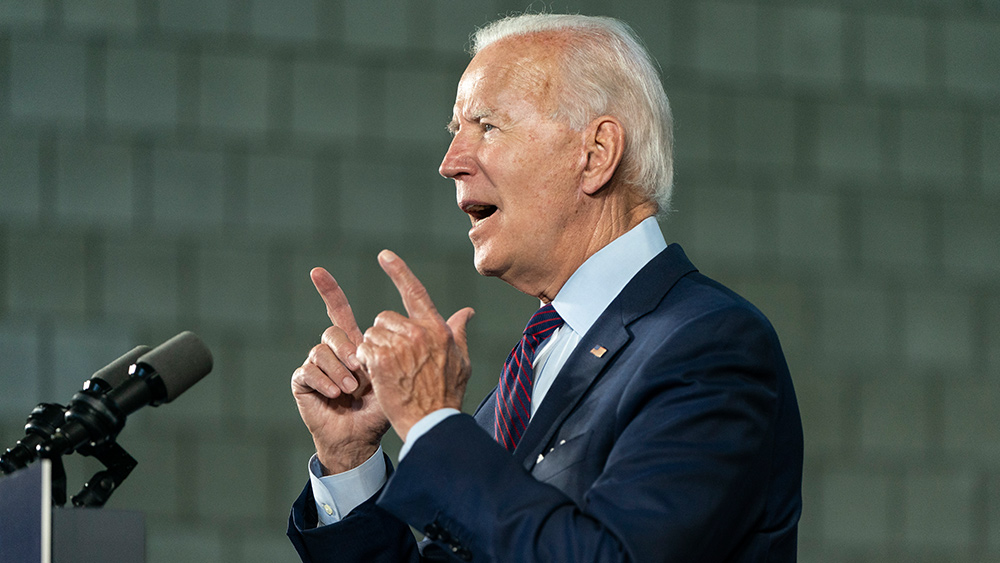Contact tracing app surveillance raising serious privacy concerns
06/02/2020 / By Cassie B.

The idea of mandatory vaccines might not be the only attack on personal freedoms to come out of the coronavirus crisis – people around the world must also contend with the idea of contact tracing, and it is raising a lot of questions about privacy.
One organization that is recruiting and training contact tracers, CONTRACE Public Health Corps, boasts that it’s the “largest U.S. civilian mobilization since World War II,” which is not a very comforting thought to those who value privacy.
In short, contact tracing is a task that entails tracking down infected people and finding all the individuals who came into contact with them and “encouraging” them to start self-isolating. Some states are essentially incentivizing turning in others who are (or may be) sick with jobs in contact tracing that offer as much as $30 per hour – something that is likely very attractive to the many people who have lost their jobs as a result of this virus.
Although some claim that contract tracing will be voluntary, there are some big red flags here. For example, NaturalHealth365 points out that the contract tracing initiative being launched in Washington state has some very concerning wording.
It says that people who test positive as well as those who were in close contact with them must quarantine at home for up to two weeks. This would appear to indicate that citizens recruited as contact tracers will have the power to tell other people who have no symptoms that they have to stay home for two weeks because there’s a mere possibility they could have contracted the disease.
Contact tracing apps even more concerning than human contact tracers
Contact tracing itself is hardly a perfect science; it relies largely on people’s memory of where they’ve been and those they’ve had sustained contact with. That’s why some places may rely on cell phones and apps to detect and record people’s proximity to others.
Both Google and Apple have given public health agencies access to test versions of their tracing software, and the Australian government is already using an app called COVIDSafe, which three million Australians downloaded within the first three days. A campaign there appealed to those who enjoy playing soccer or having beer at the pub to download the app, which asks for users’ names, age ranges, postal codes and phone numbers when they sign up.
A handful of states have already announced that they are building apps to help stem the spread of coronavirus in hopes of avoiding those used by the Big Tech firms that many people don’t trust, but they’re running into some problems.
Places like North Dakota and Utah are encountering technical problems, while Georgia’s heavy reliance on self-reporting could create big gaps that could render their efforts mostly futile.
Utah is working on a GPS-based app that will allow uses to share location logs with contact tracers, and with their consent, it will capture their names and phone numbers. Although the state’s health department claims the info will be kept within an anonymized database, it understandably makes a lot of people uncomfortable. Nevertheless, around 47,000 people have already used an early version of the app.
In a recent poll, 60 percent of Americans have said that they would not use the system being developed by Apple and Google, and only 43 percent said that they trusted Big Tech firms with their personal information.
A contact tracing app from the UK’s NHS is also coming under scrutiny, with rights groups pointing out the current trial of the software is unlawful under that country’s Data Protection Act. The app logs people’s movements and then alerts individuals who have come into contact with a person who develops symptoms.
Another potential issue with contact tracing apps is the fact that the elderly and people with low incomes – groups that have a higher risk of infection – don’t generally use smartphones or cannot afford to get the cellphone services needed to use digital tracing tools.
Although minimizing contact with infected people is essential in stemming the spread of coronavirus, governments cannot use this as an excuse to track people and take away their freedoms.
Sources for this article include:
Submit a correction >>
Tagged Under:
Apple, apps, Big Tech, contact tracers, coronavirus, covid-19, Glitch, Google, outbreak, pandemic, police state, privacy, privacy watch, surveillance
This article may contain statements that reflect the opinion of the author
RECENT NEWS & ARTICLES
COPYRIGHT © 2017 FASCISM NEWS

















